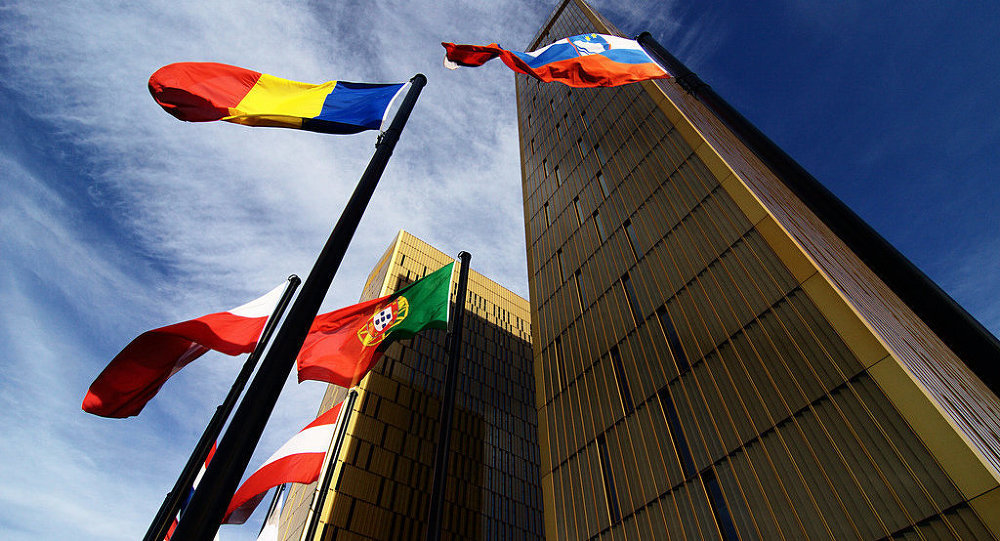MOSCOW – On Monday, London-based lawyer specializing in sanctions, Sarosh Zaiwalla, told the BBC that the restrictions imposed against Russia by the West in 2014 over its alleged involvement in Ukraine conflict can be successfully challenged in court.
“It is definitely possible to challenge those sanctions against the Russians in the EU. You can challenge those sanctions before the European court,” Adamantopoulos said.
The lawyer added that if there was such an appeal it should be initiated within two months and 25 days from the date when the measure was introduced.
“If you are challenging it within this time deadline, any company has a right to do it and in fact, there have been cases when companies or individuals have got off the EU sanctions list. But if there is a prolongation of the sanctions, it has to be published again as an EU law and the deadline starts from that point on.”
Bank Mellat, one of Iran’s largest banks, is an example of how the Western sanctions can be challenged in the court.
In January 2013, the European General Court in Luxembourg ruled to annul EU sanctions imposed against Bank Mellat for allegedly funding Tehran’s nuclear program.
In 2014, Mellat sued the UK government demanding a compensation of 2.3 billion pounds ($3.5 billion) for losses, as the bank was banned from trading with the United Kingdom due to sanctions imposed in 2009.
In 2015, the bank won its case against the EU Council sanctions in the General Court of the European Union and is now subject to a Council appeal.
Russia launches new crew to International Space Station
 In another context in Baikonur (Kazakhstan), a Russian Soyuz-FG carrier rocket lifted off on Thursday from the Baikonur space center in Kazakhstan to bring three members of Expedition 44/45 to the International Space Station (ISS), a RIA Novosti correspondent reported from the launch site.
In another context in Baikonur (Kazakhstan), a Russian Soyuz-FG carrier rocket lifted off on Thursday from the Baikonur space center in Kazakhstan to bring three members of Expedition 44/45 to the International Space Station (ISS), a RIA Novosti correspondent reported from the launch site.
Russian cosmonaut Oleg Kononenko, Japanese astronaut KimiyaYui and NASA astronaut Kjell Lindgren are expected to make a six-hour trip to the space station and dock to the Rassvet mini-research module at 05.46 a.m. Moscow time (02:46 GMT).
They will join Expedition 44 comprising Russian cosmonauts Commander Gennady Padalka and Mikhail Kornienko, and NASA astronaut Scott Kelly.
This is the first piloted flight carried out by Russia after the failed launch of a Progress space freighter on April 28.
Initially scheduled for May 26, the flight was delayed after the April malfunction of the third stage of a variation of the Soyuz carrier rocket, a Soyuz 2.1a, which sent unmanned Progress M-27M cargo ship into an uncontrolled spin.
Sputnik
R.S

